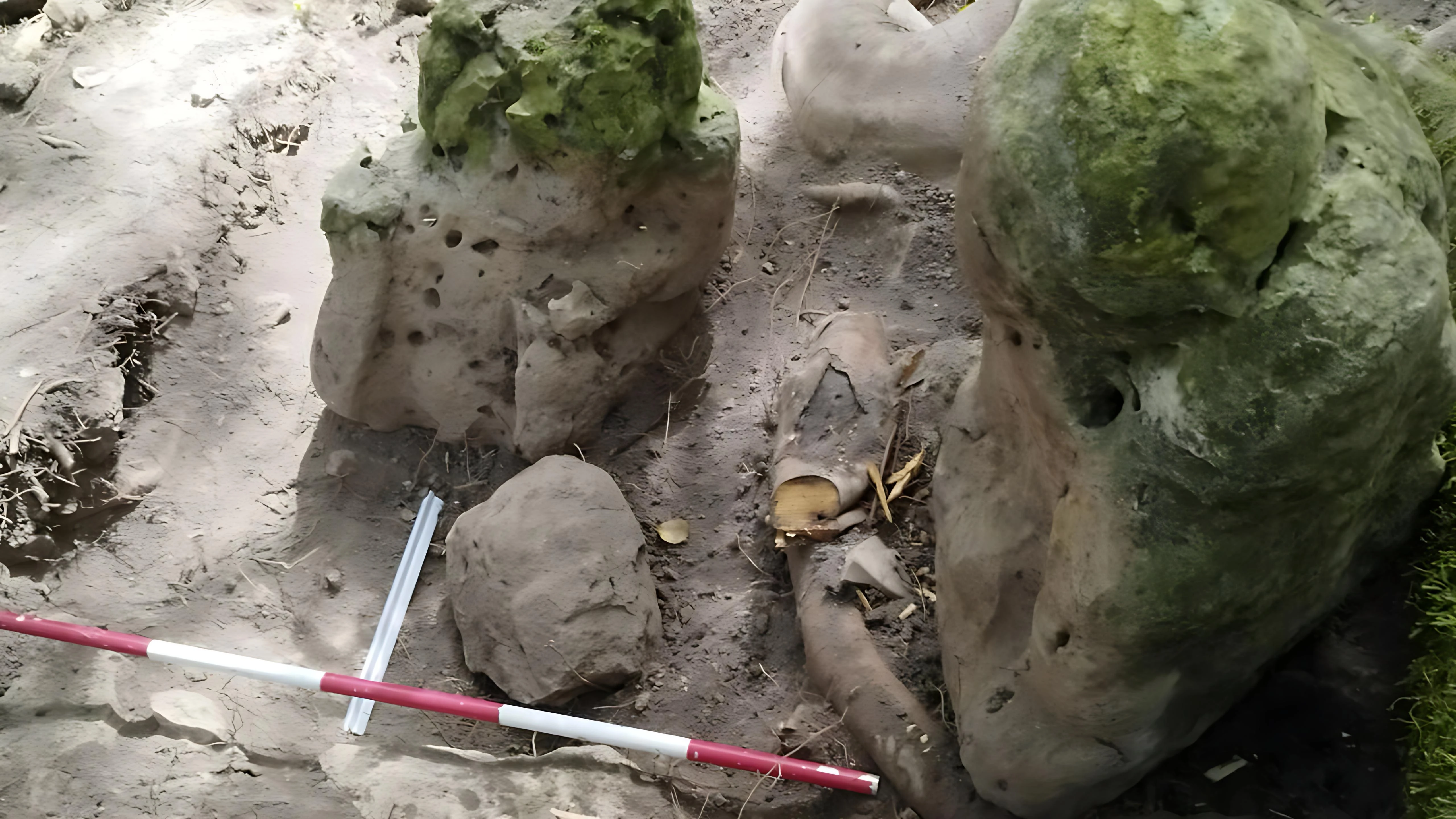Maryland: A groundbreaking new study led by researchers from the University of Maryland School of Public Health reveals that maintaining a heart-healthy lifestyle may do more than protect your cardiovascular system—it could also slow brain aging and reduce the risk of dementia.
Using artificial intelligence and MRI brain scans from nearly 20,000 participants aged 40 to 69 in the UK Biobank, researchers analyzed changes in white matter—the part of the brain responsible for communication between regions.
Natural white matter decline is linked to memory and cognitive problems, but the study found that individuals who scored higher on the American Heart Association’s “Life’s Essential 8” (LE8) lifestyle checklist had significantly less white matter loss. LE8 includes factors such as physical activity, diet, sleep, BMI, blood pressure, cholesterol, blood sugar, and smoking.
“People who want to live longer without the risk of early-onset dementia may want to exercise more or quit smoking, which might work better than medication,” said lead researcher Dr. Tianzhou “Charles” Ma, associate professor of epidemiology at UMD. “You don’t want to wait until you have the disease, because once that happens it’s very hard to treat.”
In a key finding, even participants with the APOE4 gene—a known risk factor for Alzheimer’s—benefited from a heart-healthy lifestyle, experiencing less brain aging than expected. This suggests that lifestyle may help offset some genetic risks.
Collaborating with Dr. Shuo Chen, an expert in neuroimaging and biostatistics at UMB’s School of Medicine, Ma’s team also published a second study linking chronic stress to accelerated brain aging, regardless of diet, smoking, or socioeconomic factors.
These two studies, both powered by machine learning, underscore how everyday behaviors—like stress management, exercise, and diet—could significantly shape long-term brain health.
“What's exciting about these findings is that they show that these behaviors can help everyone,” said Dr. Edmond Shenassa, senior author of the stress study.








